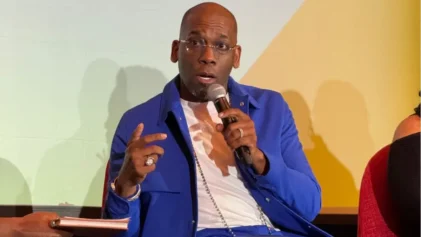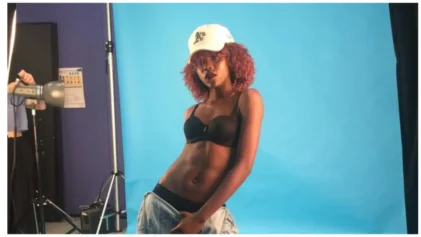Two years ago, Mmekom Udosen was so moved by the police murder of George Floyd and the idea of Black collective economics that she opened a bank account with OneUnited Bank.
“It opened my desire to learn more about finance and business in relation to the Black community,” Udosen told Finurah. “We don’t talk about money the way we should. The people who make decisions don’t include us.”

Udosen is an example of people participating in the “Bank Black” phenomenon, a movement of Black Americans consciously opening and consistently depositing funds into Black-owned banks. While Bank Black has been on the rise over the last two years, the movement is not new.
In 2016, the Bank Black challenge first rose in popularity when hip-hop artist and activist Michael “Killer Mike” Render spoke about Bank Black on MTV News and at BET News Town Hall. Render urged viewers to begin depositing their money in Black banks following the police shootings of Philando Castile and Alton Sterling. That same year, a group formed Bank Black USA.
The organization’s mission is to raise awareness of the significance of Black banks within Black American communities.
Since 2016, Americans have deposited more than $60 million into Black-owned banks, Business Insider reported.
“People are paying attention to Black-owned business banks,” Stephone Coward, co-founder of BankBlack USA, told Finurah. “We need to go in the direction of supporting our community.”
Hashtags such as #bankblack and #bankingwhileblack have increased in popularity, allowing Black Americans to be aware of Black financial institutions’ power.
Black banks have been around since the Reconstruction era. During the period following the American Civil War, Freedmen’s Savings Bank opened through the Freedmen’s Bureau. The bank was a private savings bank chartered by Congress on March 3, 1865, for the newly emancipated ex-slaves.
At the same time, Congress passed “An Act to establish a Bureau for the Relief of Freedmen and Refugees” to provide food, shelter, clothing, medical services, and land to displaced Southerners, including newly freed Blacks.
Read full story on Finurah here.
More news from our partners:


